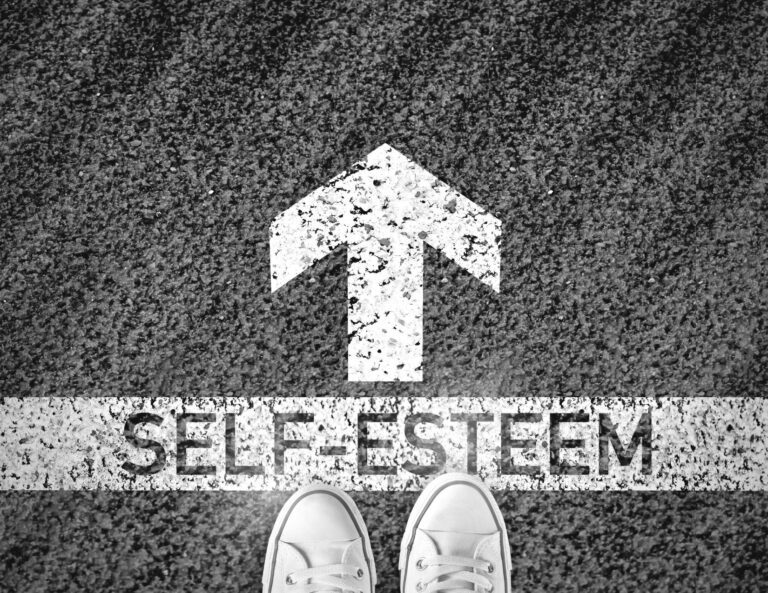Embracing the Power of Self-Compassion
In our fast-paced and demanding world, the concept of self-compassion has emerged as a crucial aspect of maintaining mental and emotional well-being. Unlike self-esteem, which often relies on external validation, self-compassion is an internalized practice that involves treating yourself with kindness and understanding, especially during times of struggle.
The Benefits of Self-Compassion
Improved Mental Health
Engaging in self-compassion has been linked to reduced levels of anxiety and depression. By fostering a supportive inner dialogue, we can create a mental environment that promotes emotional stability.
Enhanced Resilience
Self-compassion serves as a buffer against the negative effects of failure and adversity. Instead of succumbing to self-criticism, individuals who practice self-compassion bounce back more readily, learning and growing from their experiences.
Healthier Relationships
When we cultivate self-compassion, it is often easier to extend empathy and understanding to others. This creates a positive ripple effect and builds stronger connections and communication.
Ways to Cultivate Self-Compassion
Mindful Self-Awareness
Start by paying attention to your inner dialogue. Notice self-critical thoughts and gently redirect them towards a more compassionate perspective.
Practice Self-Kindness
Treat yourself with the same kindness and understanding you would offer a friend. Celebrate achievements and be patient with yourself during challenges.
Connect with Common Humanity
Recognize that experiencing difficulties is a shared aspect of the human experience. You are not alone in facing challenges; others have walked similar paths.
Mindfulness Meditation
Integrate mindfulness into your routine through practices like meditation. This helps cultivate a non-judgmental awareness of your thoughts and feelings.
Embrace Your Journey
It’s common for individuals to resist self-compassion due to fears of self-indulgence or misconceptions about its effectiveness. Understanding that self-compassion doesn’t equate to self-pity or laziness can help overcome these obstacles.
In a society that often emphasizes achievement and perfection, the journey of embracing self-compassion may feel unfamiliar or challenging. However, by recognizing its transformative power in fostering mental resilience, healthier relationships, and overall well-being, individuals can embark on a journey towards a more compassionate and fulfilling life. The path to self-compassion is a journey, not a destination—a journey worth taking for a happier and more balanced life.
Contact Rooted Today
At Rooted Counseling, we’re dedicated to helping individuals and families embrace self-compassion and achieve emotional wellness. Whether you’re seeking therapy and wellness services or exploring group therapy options, we’re here to guide and support you every step of the way.
Take the first step toward a more compassionate and fulfilling life today. Contact us today to schedule your consultation. Together, we’ll plant the seeds for growth and healing.
Written by: Betsy McKinney









